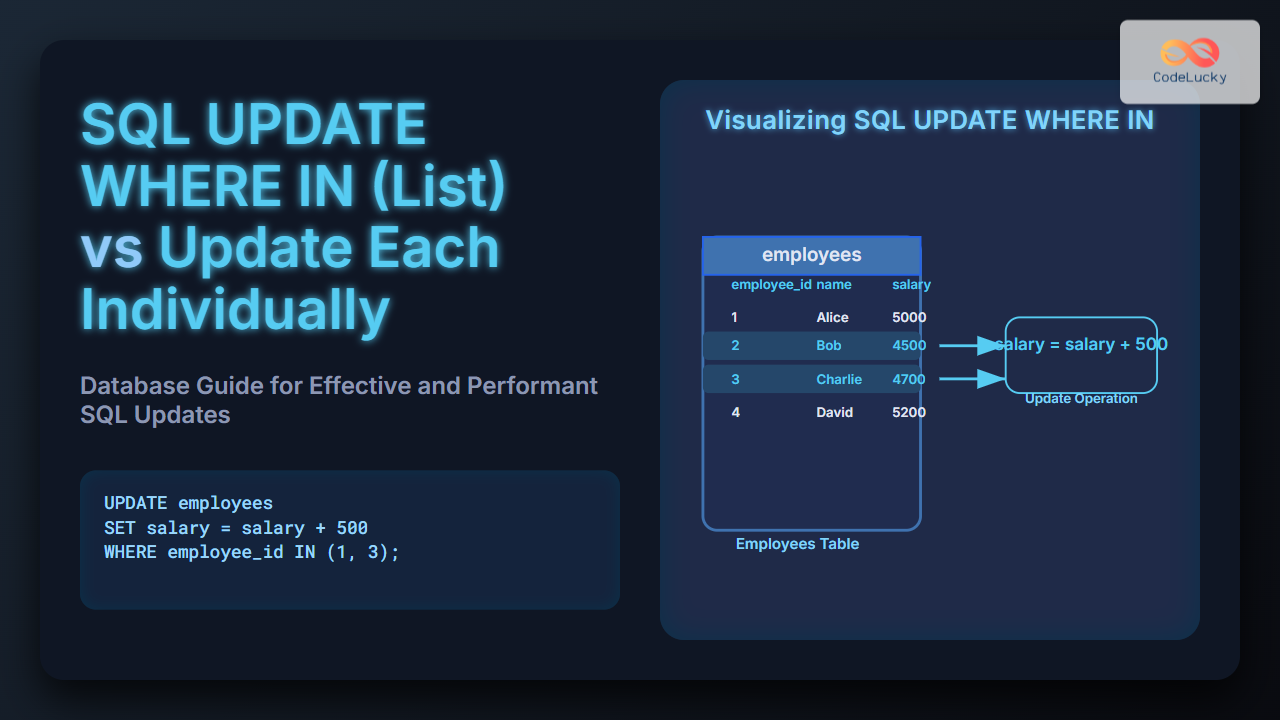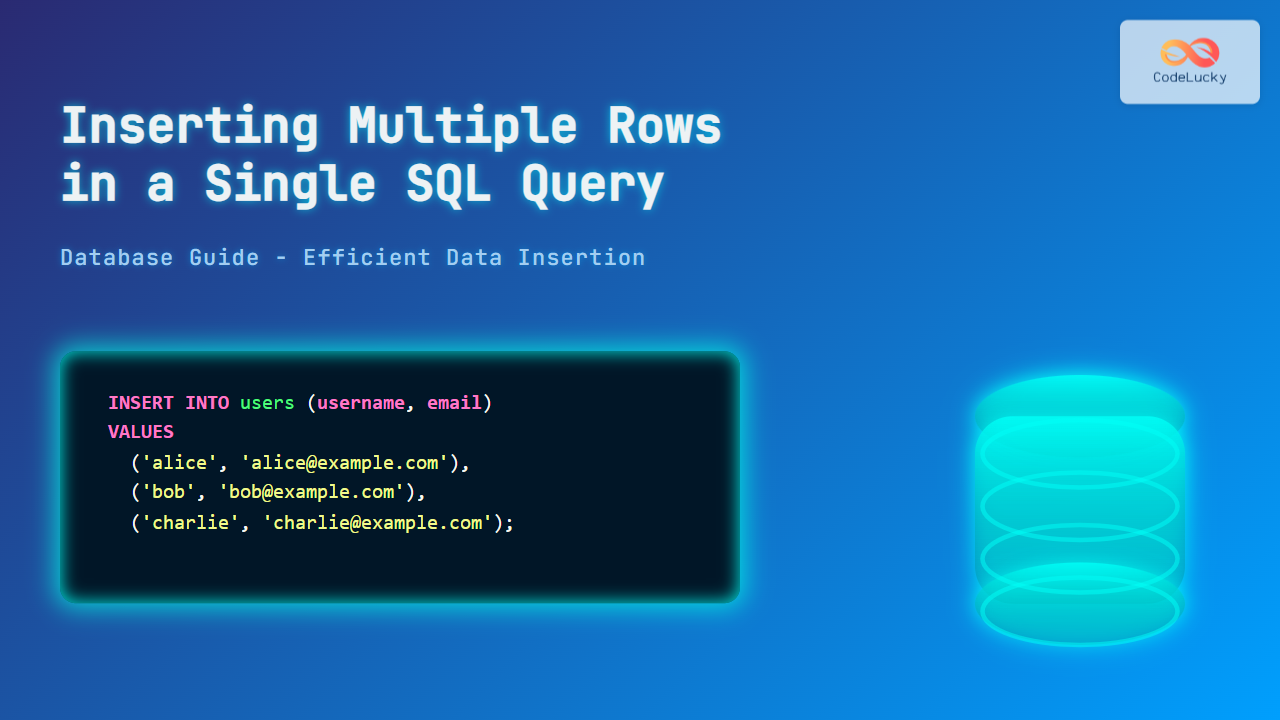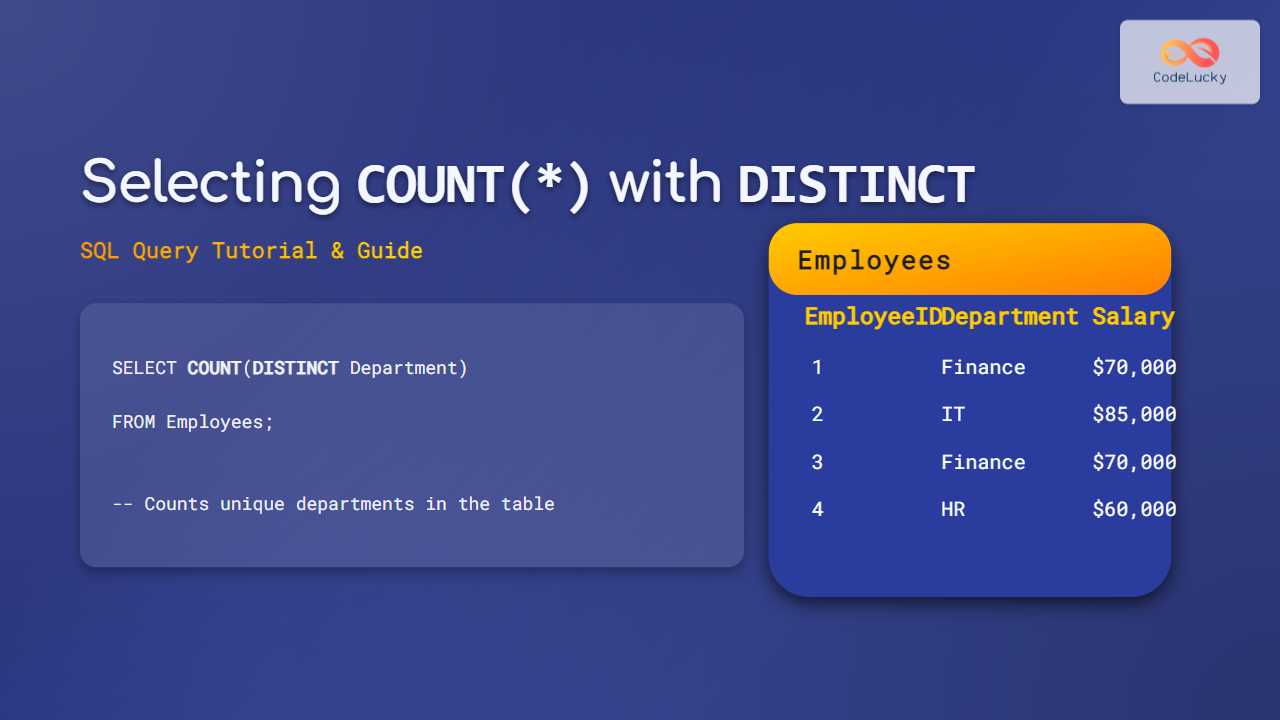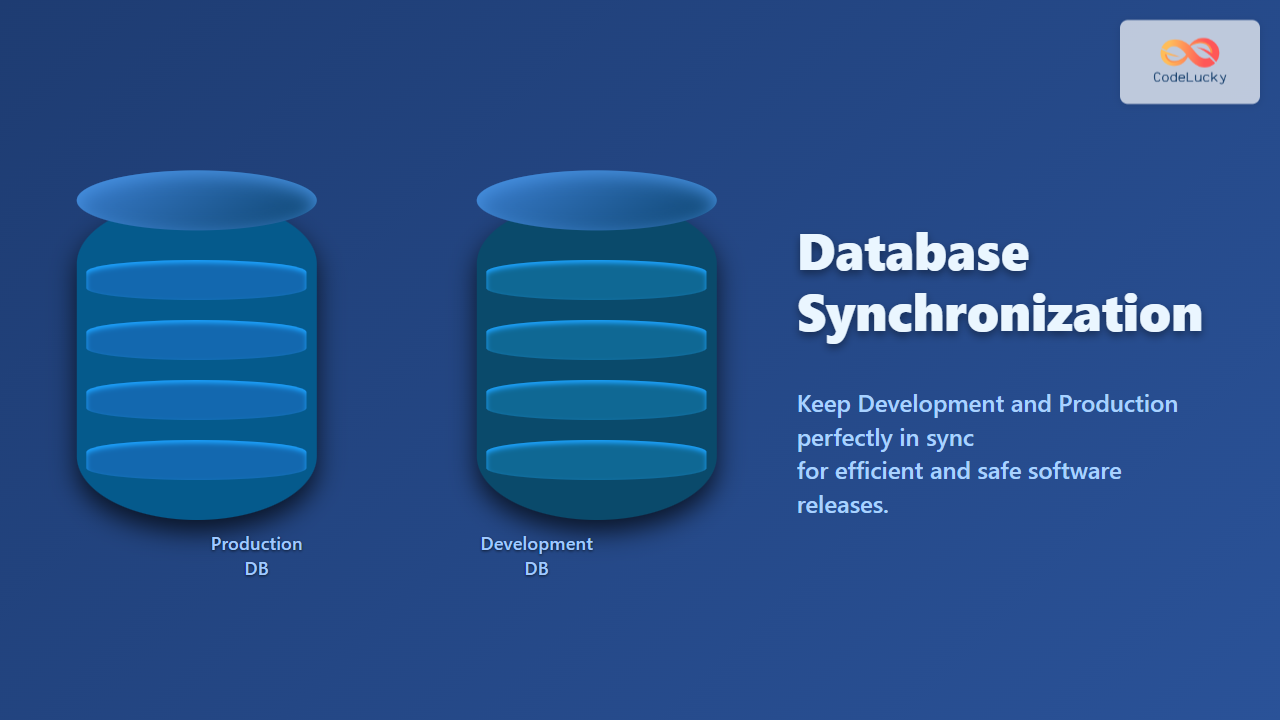The LIKE operator in MySQL is your go-to tool for performing pattern matching within your data. When you need to find records that don’t match exactly but follow a certain pattern, LIKE is the answer. It’s a crucial skill for any database developer. 💡 Fun Fact: Pattern matching with LIKE has roots in early text searching algorithms, which are the predecessors to modern search engines.
Why Use the LIKE Operator?
Before we delve into the syntax, let’s explore why the LIKE operator is essential:
🌟 Key Benefits:
- Search for records that partially match a search term
- Find data based on patterns and incomplete information
- Filter data based on complex naming conventions
- Enhance your search capabilities in web applications and reports
🎯 Fun Fact: Real-world data often contains inconsistencies and variations, making LIKE a necessity for effective searching.
Basic Syntax of the LIKE Operator
The basic syntax of the LIKE operator is straightforward:
SELECT column1, column2, ...
FROM table_name
WHERE column_name LIKE pattern;
Let’s break it down:
column_name: The column you want to search in.LIKE: The operator for pattern matching.pattern: The pattern you’re searching for, including wildcards.
Wildcards: The Key to Pattern Matching
Wildcards are special characters that represent unknown parts of a pattern:
%(Percent Sign): Matches any sequence of zero or more characters._(Underscore): Matches any single character.
Let’s see these wildcards in action using our customers table:
Searching for names starting with ‘P’:
SELECT * FROM customers
WHERE first_name LIKE 'P%';
Output:
| customer_id | first_name | last_name | city | |
|---|---|---|---|---|
| 2 | Priya | Sharma | [email protected] | Delhi |
Searching for names ending with ‘t’:
SELECT * FROM customers
WHERE first_name LIKE '%t';
Output:
| customer_id | first_name | last_name | city | |
|---|---|---|---|---|
| 1 | Amit | Verma | [email protected] | Bangalore |
| 3 | Raj | Patel | [email protected] | Mumbai |
Searching for names with ‘r’ as the second character:
SELECT * FROM customers
WHERE first_name LIKE '_r%';
Output:
| customer_id | first_name | last_name | city | |
|---|---|---|---|---|
| 2 | Priya | Sharma | [email protected] | Delhi |
Searching for emails that contain ‘gmail’
SELECT * FROM customers
WHERE email LIKE '%@gmail.com%';
Output:
(Empty Set)
🤔 Pro Tip: Combine multiple wildcards for more complex pattern matching.
SELECT * FROM customers
WHERE email LIKE '%@%.com%';
Output:
| customer_id | first_name | last_name | city | |
|---|---|---|---|---|
| 1 | Raj | Patel | [email protected] | Mumbai |
| 2 | Priya | Sharma | [email protected] | Delhi |
| 3 | Amit | Verma | [email protected] | Bangalore |
The NOT LIKE Operator
Just like with other conditions, you can use NOT LIKE to find records that do not match a specified pattern:
SELECT * FROM customers
WHERE city NOT LIKE 'M%';
Output:
| customer_id | first_name | last_name | city | |
|---|---|---|---|---|
| 2 | Priya | Sharma | [email protected] | Delhi |
| 3 | Amit | Verma | [email protected] | Bangalore |
Escaping Wildcards
If you need to search for the literal characters % or _, you’ll need to escape them using a backslash \:
SELECT * FROM products
WHERE product_name LIKE '50\% Discount';
In this example, the query will search for a product name that literally includes 50% Discount.
Performance Considerations
While LIKE is very useful, be mindful of performance:
- Leading Wildcards (%): Avoid leading wildcards whenever possible (
LIKE '%value'). They can significantly slow down your query because indexes cannot be used effectively. - Indexes: Make sure columns used with
LIKEare properly indexed, especially for queries without leading wildcards.
💡 Did you know? Databases have to perform a full table scan when you use a leading wildcard, which can be very inefficient on large tables.
REGEXP: The Powerful Alternative
For more complex pattern matching, consider using REGEXP (Regular Expressions) instead of LIKE. REGEXP offers significantly more powerful search capabilities. Let’s take a look at some examples:
-
Searching for phone numbers with a specific pattern:
SELECT * FROM employees WHERE phone_number REGEXP '^[0-9]{10}$';This query searches for phone numbers that consist of exactly 10 digits.
-
Searching for email domains:
SELECT * FROM customers WHERE email REGEXP '@(gmail|yahoo).com$';This query searches for emails with domains ending in either
@gmail.comor@yahoo.com.
Comparison
| Feature | LIKE | REGEXP |
|---|---|---|
| Complexity | Simple wildcards (% , _) | Highly expressive patterns |
| Performance | Can be slow with leading % |
Can be slower but more powerful |
| Syntax | Simpler, less flexible | More complex, very flexible |
| Use Cases | Basic pattern matching | Advanced pattern matching, validation |
Real-World Examples
Let’s try some practical use cases:
- Find all users with ‘a’ as second letter in their first name:
SELECT * FROM customers WHERE first_name LIKE '_a%'; -
Find products that begin with ‘Laptop’:
SELECT * FROM products WHERE product_name LIKE 'Laptop%'; -
Find email addresses that are not from specific domain:
SELECT * FROM customers WHERE email NOT LIKE '%@example.com';Best Practices
✅ Here are some tips for effective use:
- Use indexes efficiently by avoiding leading wildcards.
- Choose
REGEXPwhen you need powerful pattern matching. - Always test your patterns to ensure they match what you expect.
- Use
NOT LIKEfor excluding data that doesn’t match the pattern.
Key Takeaways
In this article, you’ve learned about:
- The syntax and use of the
LIKEoperator. - How to use wildcards (
%and_). - The importance of escaping special characters.
NOT LIKEfor finding non-matching patterns.- The performance implications and the powerful
REGEXPalternative.
Next Steps
Now that you have a solid understanding of the LIKE operator, you’re ready to dive into more advanced query features:
- Explore the
INoperator for more efficient multiple value comparisons. - Learn the
BETWEENoperator for range-based queries. - Discover the power of aliases for clearer query results.
- Understand various types of
JOINs for combining data from multiple tables.
With these tools in your kit, you’re well on your way to becoming a skilled MySQL user. Keep experimenting, and happy querying!
🌟 Final Thought: Mastering the LIKE operator is crucial for writing effective and efficient MySQL queries. Continue experimenting with wildcards and real-world examples to strengthen your knowledge!



















